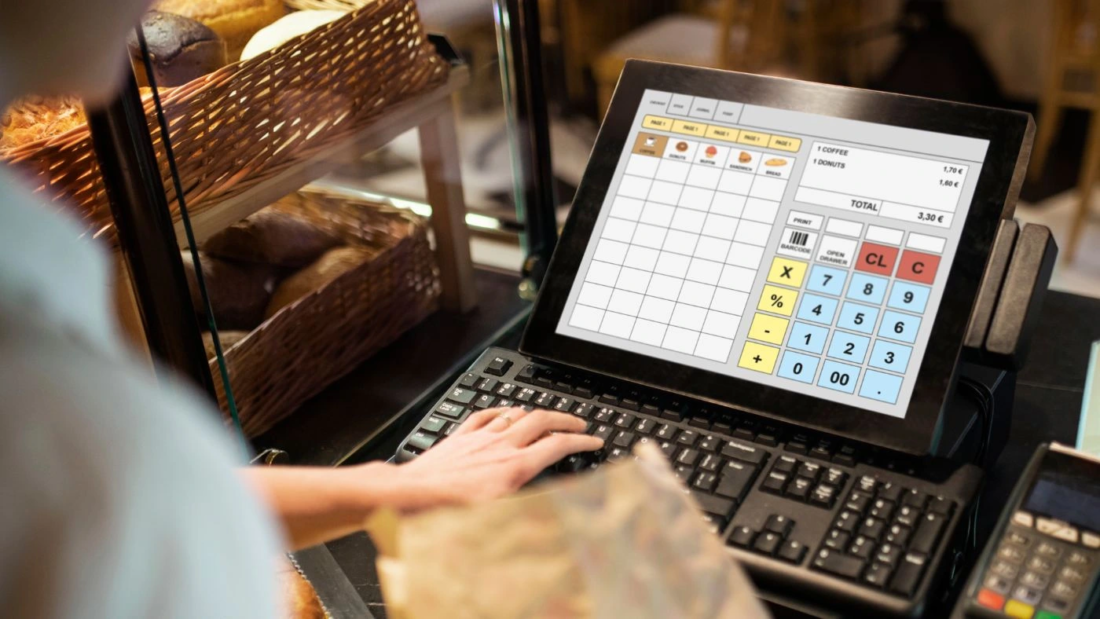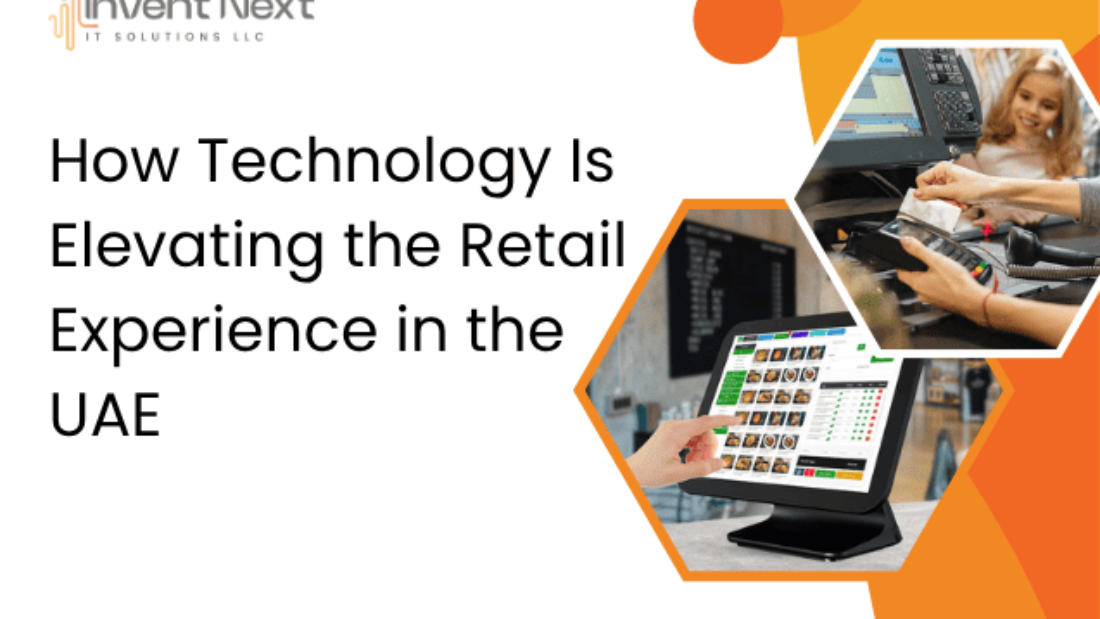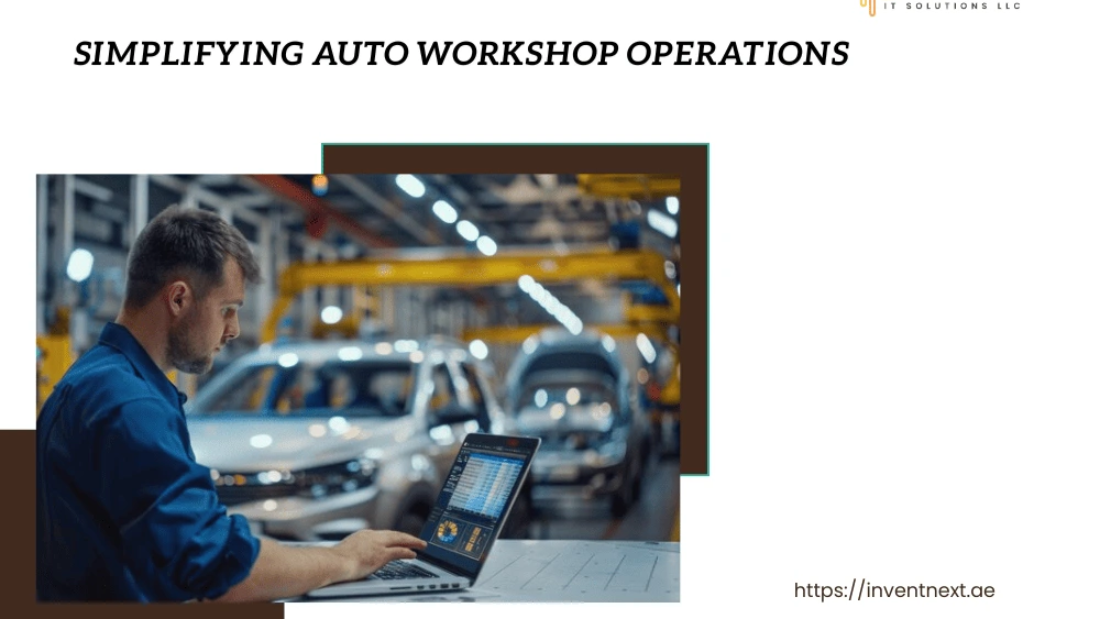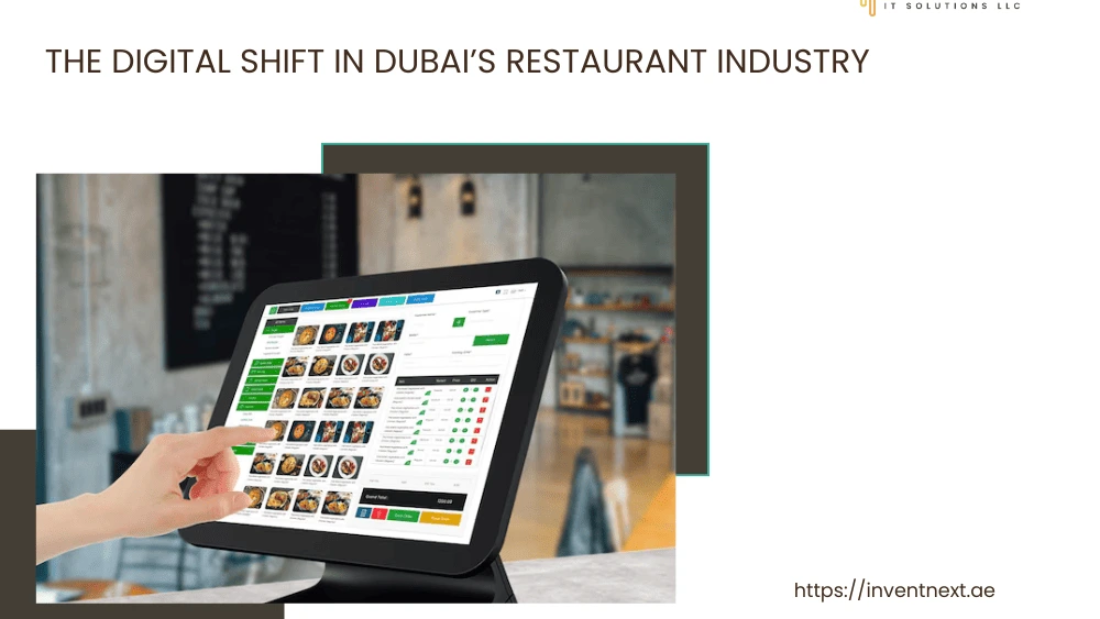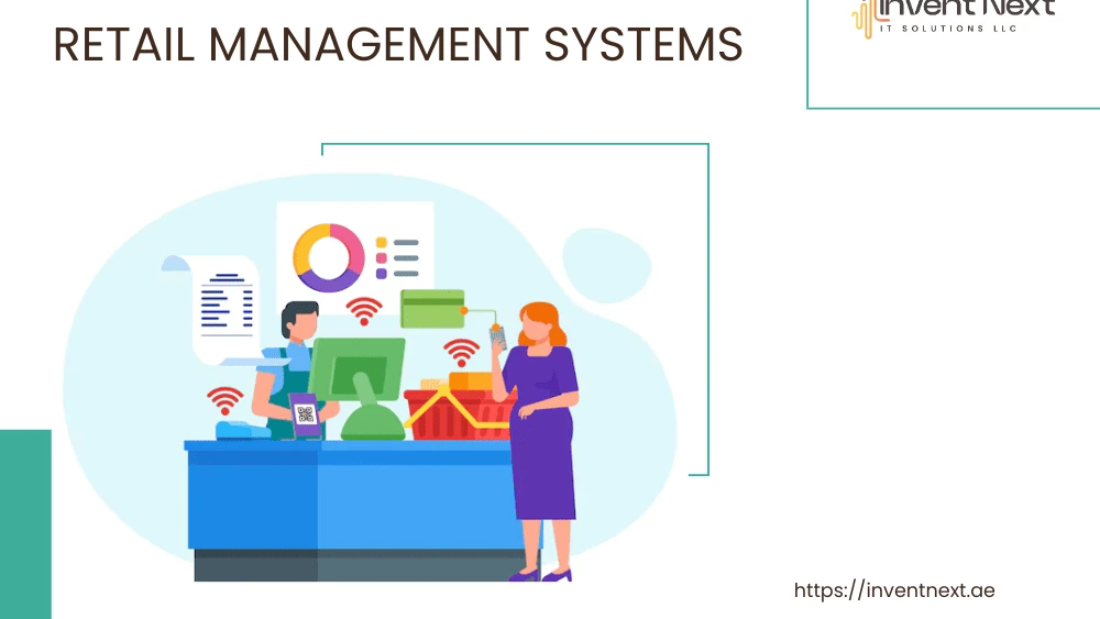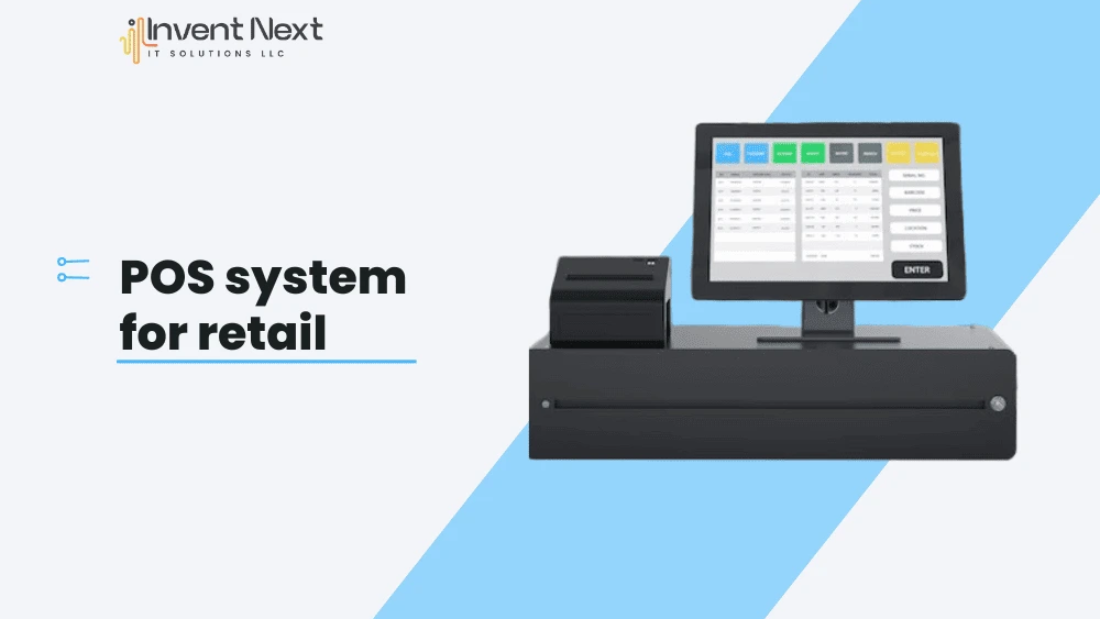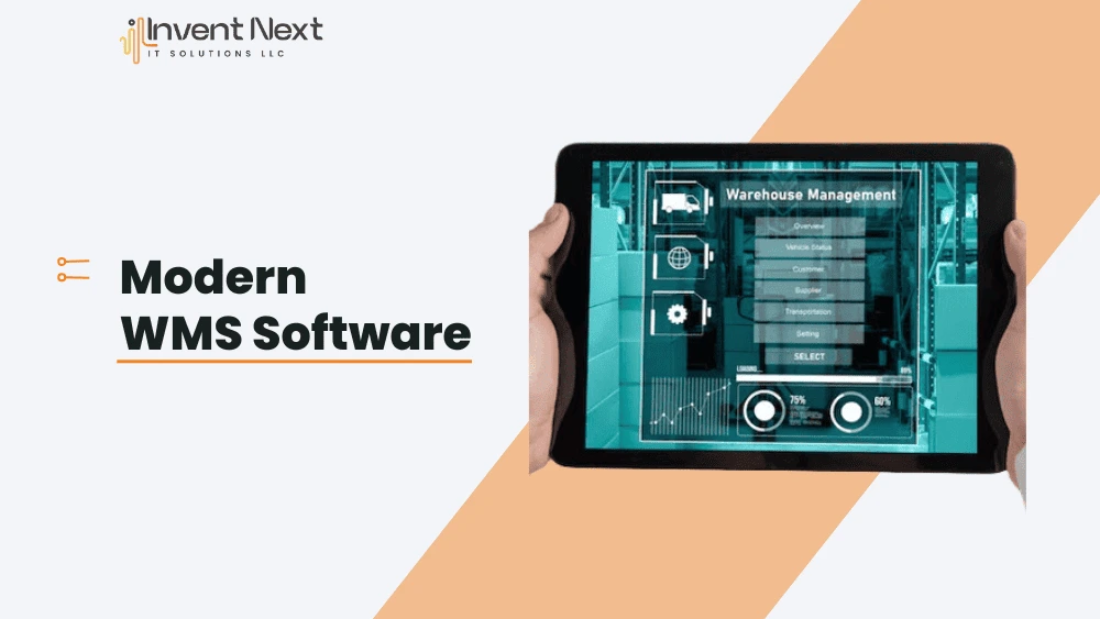Inventory is one of the most valuable assets for any retail business. When stock levels don’t match your sales or physical count, it’s a sign of inventory shrinkage—a silent threat that eats into profits. In a fast-paced retail environment like the UAE, even small discrepancies can lead to significant financial loss over time.
At InventNext, we help retail businesses across the region take control of their inventory with advanced POS solutions designed to detect and prevent shrinkage before it becomes a serious issue.
Understanding Inventory Shrinkage
Inventory shrinkage occurs when the actual stock is less than what is recorded in the inventory system. It’s often caused by:
- Shoplifting or internal theft
- Miscounting during manual inventory checks
- Supplier fraud or delivery errors
- Damage or spoilage
- Incorrect product handling or pricing
These losses are usually unnoticed in day-to-day operations but add up significantly by the end of the year. Addressing this issue requires not just awareness, but also the right technology to track every item that enters or leaves your store.
How POS Tracking Minimizes Shrinkage
A reliable POS system provides much more than simply processing transactions. It provides real-time visibility into inventory movement, helping businesses maintain accuracy, reduce human errors, and hold staff accountable. Here are some specific ways POS tracking helps reduce losses:
1. Real-Time Inventory Monitoring
A modern POS system keeps inventory up to date in real-time with each sale, return, or adjustment. This real-time data prevents errors caused by delayed updates or manual recording. With InventNext POS solutions, retailers can keep an eye on stock changes across multiple branches or outlets instantly.
2. Audit Trails and User Control
Employee theft accounts for a large portion of shrinkage. POS systems can track staff activity—voided sales, unauthorized discounts, or altered transactions—and help business owners identify irregularities. Customizable permissions also ensure that sensitive functions are only accessible to authorized personnel.
3. Accurate Barcode and SKU Management
By scanning items during checkout or restocking, businesses eliminate manual input errors and ensure that the correct stock quantities are maintained. Barcodes and SKUs also make it easier to locate products and monitor fast-moving or underperforming inventory.
4. Loss Reports and Pattern Analysis
POS systems generate detailed reports that highlight inconsistencies in sales or inventory, allowing businesses to investigate the root cause of shrinkage. Whether it’s frequent stock loss in one department or recurring refund abuse, these insights help in making smarter decisions.
Supporting Practices to Prevent Shrinkage
While technology plays a key role, combining it with strong operational habits enhances protection against shrinkage:
- Schedule frequent stock counts and match them with system reports
- Keep high-value items in secure or visible locations
- Train staff on proper inventory handling procedures
- Monitor entry and exit points with surveillance
- Use inventory alerts for low stock and abnormal item movement
These measures, when used with a reliable Pos machine supplier in Abu Dhabi retailers trust, make for a strong defense against unnecessary losses.
Why InventNext?
At InventNext, we specialize in providing smart retail solutions tailored for the UAE market. Our systems go beyond basic sales functions—they’re built to help you protect your profits, manage your inventory, and grow your business confidently.
Whether you’re running a fashion boutique, supermarket, or multi-branch retail chain, we offer scalable solutions to fit your needs. Our intuitive POS software ensures you never lose track of what’s in stock—or what’s going missing.
If you’re ready to take control of your inventory, reduce shrinkage, and improve operational efficiency, it’s time to explore how a point of sale system uae businesses rely on can help.
Conclusion
Inventory shrinkage may not always be visible, but its effects are deeply felt—especially in the retail world where profit margins can be tight. By implementing a smart POS solution, businesses can gain better control over stock movement, minimize errors, and reduce losses caused by theft, damage, or mismanagement.
At InventNext, we’re committed to helping UAE retailers tackle these challenges head-on with technology that simplifies operations and secures their inventory. When paired with good business practices, a reliable POS system can be the key to long-term success and sustainability.

